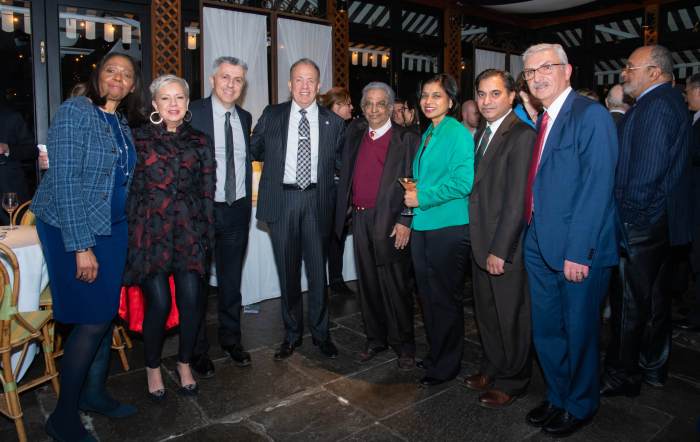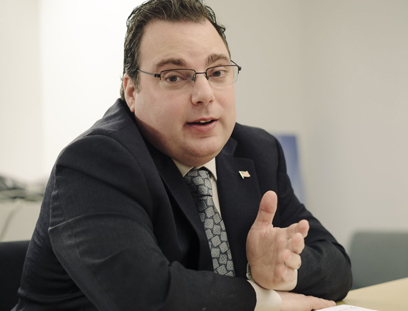BY SPEAKER COREY JOHNSON AND COUNCIL MEMBER HELEN ROSENTHAL
This pandemic has been hard for all New Yorkers, but for those facing domestic violence, it is even more dangerous. Isolated with an abuser and far from support networks, their opportunities to get help may be limited, and even a simple phone call can be perilous.
The stories of our fellow New Yorkers are heartbreaking.
One woman struggled to get an order of protection online, only to be told by the police they couldn’t enforce it without a hard copy. Another woman, and her children, were thrown out of their home, and it took two calls to 911 to receive help.
Advocates shared these and other tragedies with the City Council during a May 1st oversight hearing on the impact of COVID-19 on domestic violence. What became clear is that we must have a comprehensive plan in place to reach these vulnerable New Yorkers.
Sadly, the City’s messaging on domestic violence has fallen short. At our hearing, providers testified about the need for robust and culturally appropriate messaging that identifies resources available for survivors. To begin to address this messaging gap, last week the City Council launched the #BeingSafeCANTWait campaign, to let survivors and bystanders know how to recognize signs of DV, and that help is available.
The City must build on this work and get the word out about support services for DV survivors during the pandemic. The Mayor’s Office to End Domestic and Gender Based Violence should implement a public service campaign amplifying DV messaging, resources, and text and chat platforms. And they should create palm cards with information about DV supports to be distributed at sites across the City, such as food pantries, grocery stores, and pharmacies, where essential services are already being provided. Getting the word out means reaching people where they are during PAUSE.
The City should also work to increase DV survivors’ access to the Internet and to personal communication devices, particularly in shelters. And the City should provide guidance regarding how to protect their personal devices from abusers who use technology to track and stalk survivors.
Finally, the City must develop a thoughtful plan that anticipates the surge in DV reports—and demand for services—that will likely follow the lifting of the state’s PAUSE restrictions. Some countries saw a 30 percent spike in DV reports after COVID-19 restrictions were relaxed. We should prepare for the same trend.
Corey Johnson is Speaker of the New York City Council, Helen Rosenthal is the Chair of the Council Committee on Women and Gender Equity.
The op-ed originally appeared on AMNY.com.






















